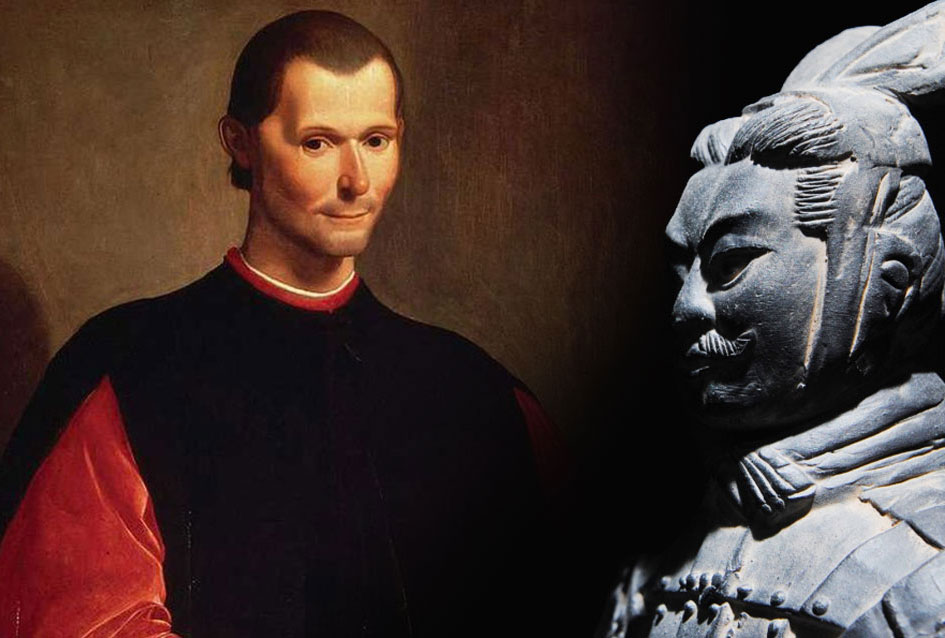Published in Gimme 5 Column of the Los Angeles County Bar Update
I love baseball. As a child, I admired the rhythm of the game, its deceptive simplicity, requiring remarkable proficiency and accuracy. It is on one level an unforgiving game, judging those guilty of imperfection as having committed an “error.” Yet on another, yesterday’s goat is forgiven as today’s hero. As I have matured, I have come to appreciate more of baseball’s lessons. While facilitating mediations, I have watched these lessons play out again and again.
Never give up. Coming from 13 1/2 games behind the Brooklyn Dodgers in the final month of the 1951 season, the New York Giants forced a three game playoff to decide the National League Championship. The Giants won the playoff with a 5-4 victory in the final game, courtesy of a dramatic ninth inning home run by outfielder Bobby Thomson – the infamous Shot Heard ‘Round The World.
Never give up! Perseverance yields remarkable rewards. Breakthroughs occur at unexpected moments in mediation and often for inexplicable reasons. Frequently when no one quite understands a party’s motivation, the tide turns and progress is achieved.
Be Prepared. Anything can happen during a baseball game. Propelled by ritual and order, and the random interplay of human behavior and natural elements, any outcome is possible. Despite the great concentration and focus of professional athletes, mental and physical lapses occur, equipment fails, the weather intervenes, a round ball struck by an oblong bat hits a blade of grass and careens unexpectedly beyond the expectations of physics.
Both baseball and negotiations inevitably involve choices. Despite the unexpected, those who prepare in advance are most likely to gain an advantage when the moment comes to make an election. Entering a mediation, a party is well advised critically and objectively to assess everyone’s interests and to reflect on the strengths and weaknesses of each side’s case.
Counsel and client should think not merely about what can be achieved within the conventional confines of litigation, but about what they hope to accomplish, and what they believe their bargaining partner seeks to achieve. Focusing on the true objectives of the parties will lead to a deeper and more meaningful discussion of options for resolution than a conventional analysis of who has the greater likelihood of prevailing in standard litigation terms. Weighed against this interest based approached must be a realistic assessment of one’s alternatives to a negotiated agreement, so that counsel and client may fully apprehend the strength of their bargaining position.
Just as one appreciates how a fine ball player reduces the exigencies of chance and the cruelties of circumstance, advance preparation by counsel and clients can have a similar effect on leveling the negotiation landscape.
Honor the Ceremony. With minor variations in its rules, generations have shared the same baseball experience. The game has a rhythm, a symmetry of threes and fours, balls, strikes and outs, repeated inning after inning, decade after decade. The dimensions of every baseball diamond are identical. The best players learn the inner game. The game slows down as players patiently await their opportunities.
Similarly, mediations reward those familiar with the terrain and mindful and observant of their opportunities. There is a symmetry and order to the dance of negotiations and the regularity of its moves. Only by engaging in an active bargaining process can the parties have confidence that they have reached a fair or advantageous resolution. The rituals of the process, involving exchanges of information, opportunities directly to confront opposing principals, testing the strength of information and positions, often yield enormous dividends. A skilled mediator will not allow the process to become mired in a formal structure unresponsive to the needs of the unique dispute.
Take risks. Far too often, parties in mediation refuse to share information about their true objectives, or fail to disclose useful information, preferring to “hold it back” for the litigation. Despite its increasing acceptance, mediation remains an uncomfortable forum for many attorneys. Fredrick Wilcox wrote, “Progress involves risk, you can’t steal second base while keeping your foot on first.” The concepts of fully trusting one’s instincts, investing the mediator with broad authority, and proceeding with mutual confidence that all are acting in good faith, are often difficult expectations. Yet those who take risks in their negotiating positions, especially with competent mediators in whom they may repose their trust, reap the greatest benefits.
Teamwork. I grew up watching great baseball dynasties: the Dodgers, Giants, Yankees, Reds and Cardinals. While all had outstanding stars, whose individual abilities propelled them to the Hall of Fame, none could have won without their magnificence as a team. Great teams play flawless defense, their players draw a throw from the outfield to assist other base runners, they retaliate to protect teammates or sacrifice themselves for the benefit of the organization. As Yogi Berra is reputed to have said “When you sacrifice, you stand beside your teammates, by putting them in front of yourself.”
In candid moments, seasoned litigators will admit that their skill lies less in defeating their opponents than in assuring both that they do not make costly errors and that they capitalize on the errors of others. As Sun Tzu wrote, “To secure ourselves against defeat lies in our own hands, but the opportunity of defeating the enemy is provided by the enemy himself.”
While the same can be true in negotiations, success often lies in creating a balanced mediation “team.” Working closely with the client, counsel must evaluate who among the choices of “clients” to include on the team. This means bringing to the mediation someone with the requisite authority to settle and to communicate the seriousness with which the client takes the dispute. It also means assuring oneself that “the problem” is not at your side as the only client representative. If, for example, the person who negotiated an agreement, and needs to justify his conduct, is the sole company representative, it is less likely that the opposing perspective will make its way back to responsive evaluative ears.
In certain cases, the settlement team should be expanded to include non-litigators or others not steeped in trial preparation, to bring a different point of view to assessing the parties’ objectives. As properly zealous advocates for one’s client, trial counsel is sometimes not best positioned to play this role. Although a client should rarely settle a matter based upon interests other than his own, it is vital to be attentive to the interests and perspective of one’s adversary. Thus, parties should create a mediation team capable of understanding their adversary.
Adapt. I marvel at the elegance with which great ballplayers adjust their game. “Going with” a pitch to the opposite field, laying down a bunt against an unsuspecting infield, stealing a base in unexpected circumstances. Opportunities arise for those who are attentive and mindful of the changing field. Mediation presents similar opportunities. A negotiation move may signal a shifting priority or willingness to explore a new direction. Understanding the signals and shifting prospects distinguishes successful counsel and mediators from the rest of the lineup.
Deception. Baseball involves intricate maneuvers to deceive one’s opponent. Fake steals, pitch outs, feigning a throw to a base – all forms of deception intended to lure the unwary into making a costly mistake. Within the legal limits of misdirecting one’s bargaining partner, successful mediations also involve moves designed to gain an advantage. Is retaining a certain asset of value? How much will your client pay and under what conditions? Is there flexibility in your position? What to reveal, and when, is an art.
Vision. Arthur Schopenhauer noted that “[t]alent hits a target no one else can hit; genius hits a target no one else can see.” Great bat speed and outstanding agility and range are prized. But without the vision and instincts to anticipate where the ball will arrive, neither will impact the outcome of a game. Outstanding players have a sense of the game, they intuit opportunities. The best counsel and mediators also see the field and watch plays unfold in ways that others cannot. They are willing to explore “outside the box” scenarios, test the limits of imagination, and boldly close a deal. They do more than hit the target, they create the target. Others can spend an entire and unproductive mediation session arguing about who makes the first offer and why anyone would want to discuss “creative” solutions.
Coming home. Baseball is about more than scoring more runs than an opponent. The game has survived because, at its best, it is about honor, dignity, striving to better one’s self and represent a community. Players make choices, but knowing that victory is illusive and failure expected, they strive for excellence. In the end, everyone comes home. The differing agendas, opposing forces, competing obligations and weapons of combat all converge at home plate. No one can “win” without coming home. Whether in baseball or a negotiation, everyone who seeks success will eventually meet along the same path.











